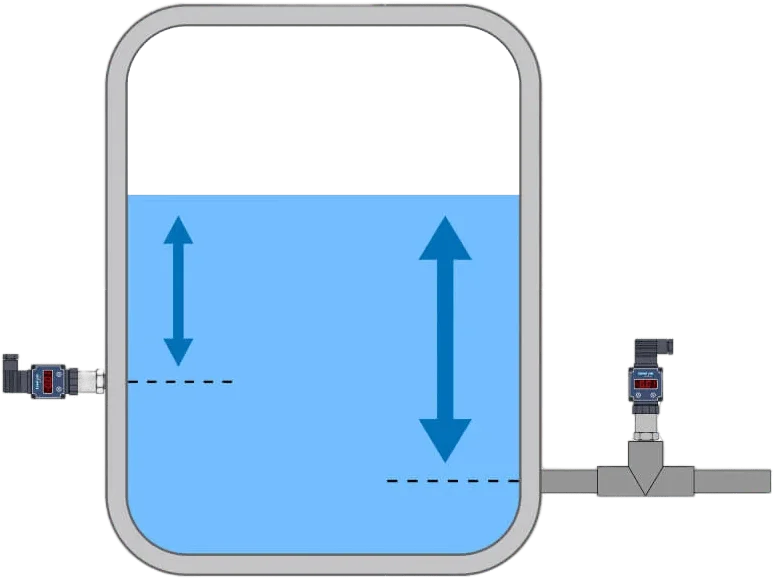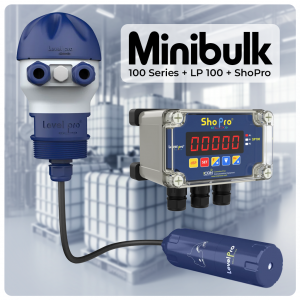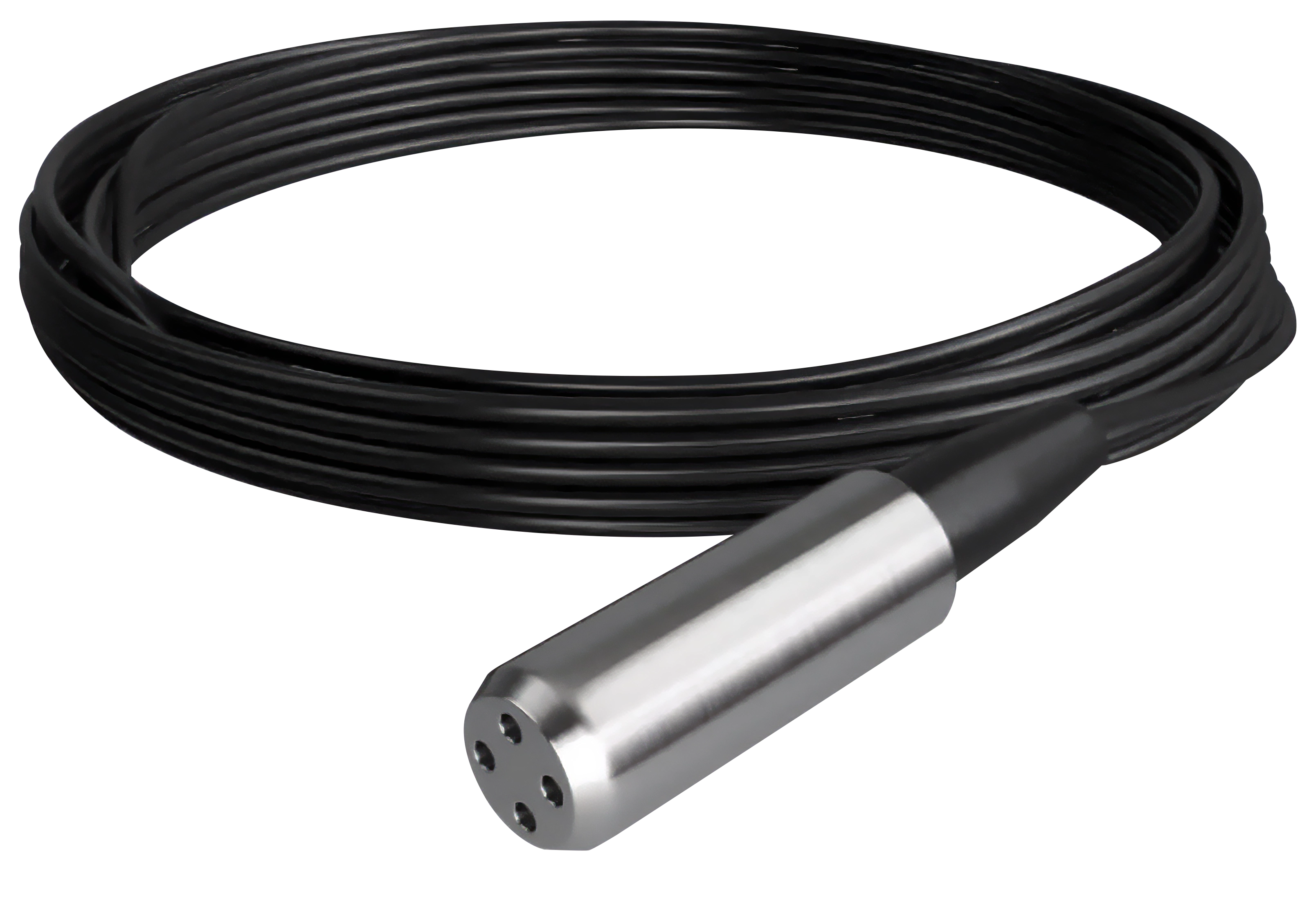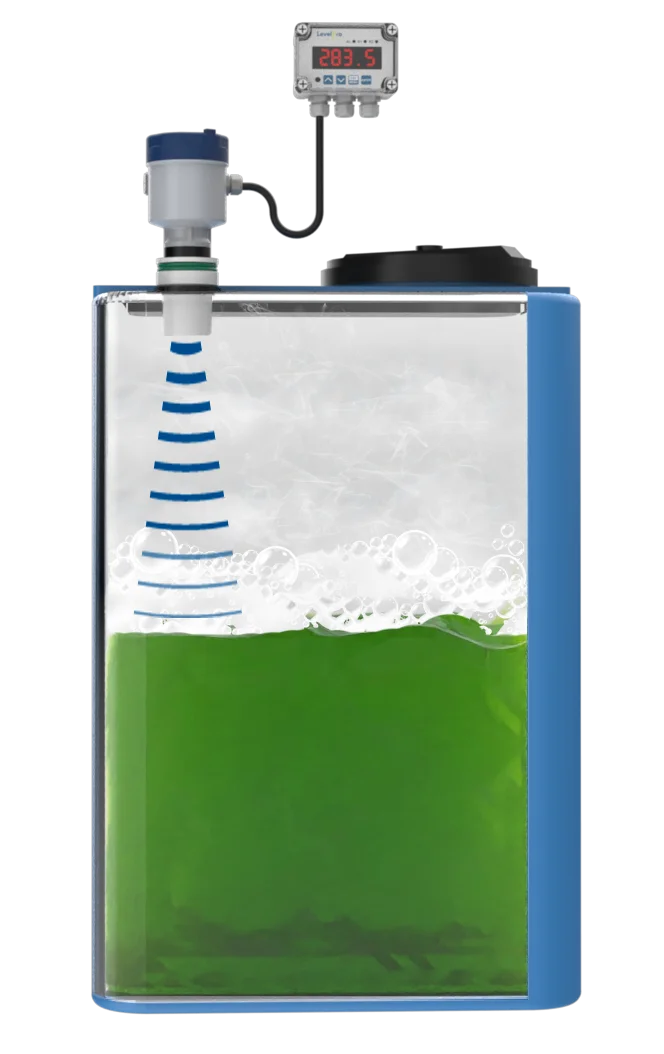How Do Chemical Level Sensors Work?

Chemical level sensors are instruments that are used to gauge a liquid or gas’s concentration in a container. They function by leveraging various liquid or gas physical characteristics, such as its density, conductivity, or buoyancy.
Chemical level sensors come in a variety of forms, including:
-Float sensors: These sensors make use of a float that changes height in response to changes in liquid or gas level. The level of the liquid or gas is then calculated based on the float’s position.
-Ultrasonic sensors: These sensors measure the distance to a liquid or gas’s surface using ultrasonic waves.
-Capacitance sensors: These sensors assess the level of a liquid or gas by measuring the variation in capacitance between two electrodes.
-Resistive sensors: These sensors gauge the level of a liquid or gas by monitoring the variation in resistance between two electrodes.
-Radar sensors: These devices estimate the distance to a liquid or gas’s surface using radar waves.
-Optical sensors: These sensors measure the level of the liquid or gas using a light source and a detector.
Chemical level sensors can be made of a variety of materials, depending on the purpose and the liquid or gas being measured. Typical materials consist of:
-PVC (polyvinyl chloride): PVC is a lightweight, inexpensive polymer that resists corrosion and chemicals. It is frequently utilised in capacitance and float sensors.
-PP (polypropylene): PP is a chemically resistant, lightweight polymer that is frequently employed in resistive and ultrasonic sensors.
-PVDF (polyvinylidene fluoride): Radar and optical sensors frequently make use of PVDF, a high-temperature, chemical-resistant polymer.
Ultrasonic and resistive sensors frequently make use of stainless steel, which is a sturdy and corrosion-resistant material.
Overall, the chemical characteristics of the liquid or gas being measured and the environment in which the sensor will be utilised determine the material choice for chemical level sensors.
Learn more about chemical level sensors
Please contact us to discuss your application


